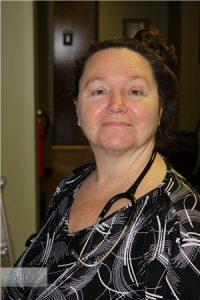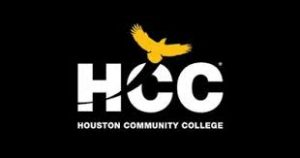Racism in Healthcare: Racism is a Public Health Crisis
Racism in Healthcare: Racism is a Public Health Crisis
Info

Join us for a dialogue with Dr. Krenie Stowe, recipient of our Ally Award in the 1990s.
Krenie Stowe describes herself as a mother and activist first, a pediatrician and attorney second. She is a board-certified pediatrician with over 30 years of experience in the trenches of clinical medicine.
Grounded in a lifelong commitment to social justice, she is a tireless advocate of sweeping health care reform.
She received her BA from Yale University in 1981, an MD from Albert Einstein College of Medicine in 1985. Following a pediatric internship at New York University Medical Center, she attended Harvard Law School, graduating magna cum laude in 1990. She then returned to New York to complete pediatric residency training at Montefiore Medical Center’s Residency Program in Social Medicine.
Committed to providing medical care to underserved communities, she has worked with Native American communities rural North Dakota and Portland, Oregon, with migrant communities in Oregon’s agricultural valley and urban immigrant communities in Massachusetts.
She practiced for 19 years in Texas, founding the Frontis Project, a non-profit health care facility that provided medical care, emergency assistance, and social support and advocacy services to 11,500 children and their families; then establishing HEAL, Health Education, Advocacy & Literacy, with a mission to support, inform and empower people caring for children and to reform the role of health care in the lives of individuals and in our society at large.
Dr Stowe describes her approach to medicine as follows: “My work emphasizes empowerment, education and prevention, encouraging people to be active participants in care rather than passive recipients of care.
Class, race/ethnicity and gender/gender identity all continue to profoundly impact health status and access to care. To address health disparities, we must identify and break down economic and racial and cultural barriers to care, as well as deeper internal barriers that stem from feelings of isolation, hopelessness and marginalization.”




